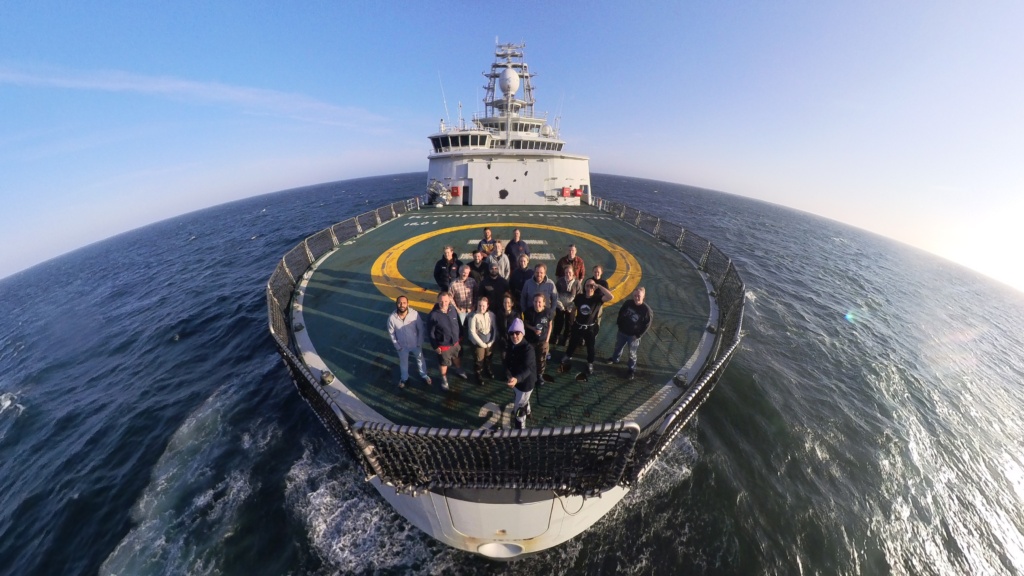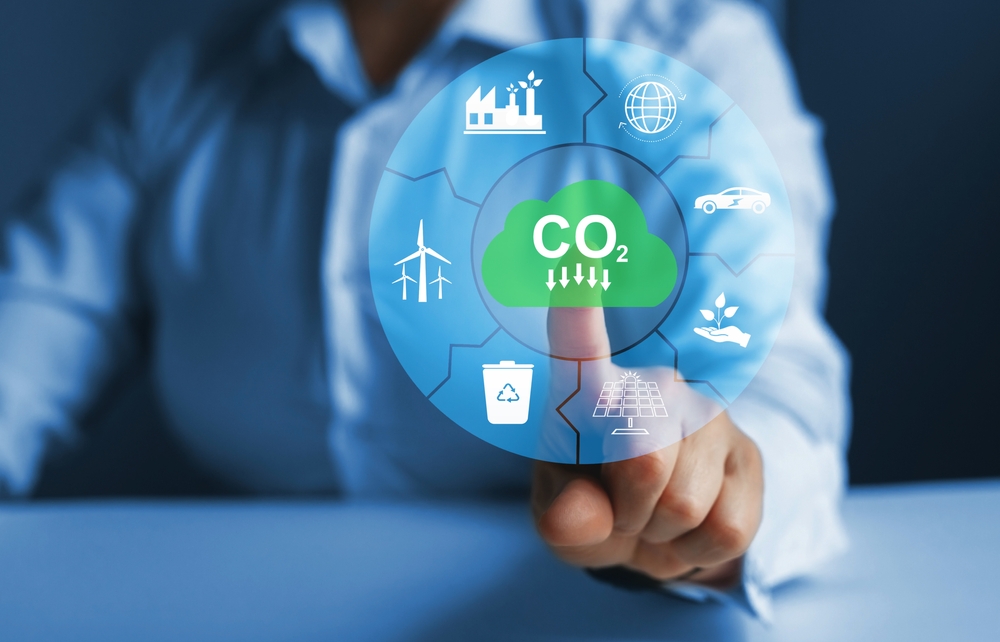The development of energy and power needs, and the corresponding development of related industries, are largely influenced by policy choices in politics. There is a lot of research on different scenarios that describe this. We therefore advise the Commission to look at what is in the research. Here are some key points:
- Electrification will increase and give new type of demand. Electrification of today’s and tomorrow’s industry could provide a more even impact in a 2050 perspective. One should generally plan for an increased demand; Demand for transport and construction is relatively predictable, but demand from new industry is very uncertain and can have a large impact. It will therefore be important to have a coordinated plan for industrial development and power production / grid development and to see the location of demand. Energy system analysis will be an important field of research to strengthen in this context.
- Solar energy on buildings can be important in the future, and can be seen as an energy efficiency measure that reduces the need for the construction of new large-scale infrastructure such as power production and networks. Our research and our models state that by 2030, the power surplus in Norway will shrink with the current policy (i.e. that there will be no development of onshore wind and that the planned pace of development of offshore wind will be maintained). It will be important to accelerate the processes and get a framework condition in place if you want to hedge against a power deficit.
- Solar power can in a short time be enabled to play a significant role. As an example, by changing the framework conditions, our neighboring countries have gained a new pace in the development of new renewable energy. Sweden currently receives around 1.5 TWh of solar power annually. One third of this, ie 0.5 TWh, capacity was installed in 2021 alone. In Norway, by comparison, we installed around 0.2 TWh in total, a very small part of our total power production. It is possible to change the pace significantly. We believe in clear political goals that set clear expectations (will be important in order to put in place sufficient capacity and expertise, including in regulatory authorities and grid companies.)
- Energy and power must be seen in the context of emissions, nature and acceptance in the population, and this holistic perspective should also be taken into account by the Energy Commission.)
- Finally, the development of Norwegian energy use and power systems is a topic where a lot of research effort is put into it. IFE has many projects in collaboration with other researchers, authorities and industry where we create scenarios with varying degrees of industrial and power development, energy efficiency and climate measures, energy prices and emissions in Norway.
Link to recording of input May 10th: Energikommisjonens digitale innspillsmøte 10. mai
Related news
-

5. January 2026
From Idea to Industry: The Innovation Journey of IFE and Oliasoft
In the world of innovation, the most significant changes often begin with a simple…
-

25. November 2025
The WellFate Project Releases New Video on the Challenges of Old Offshore Wells
The Reservoir Department at IFE has published a new video that highlights an important…
